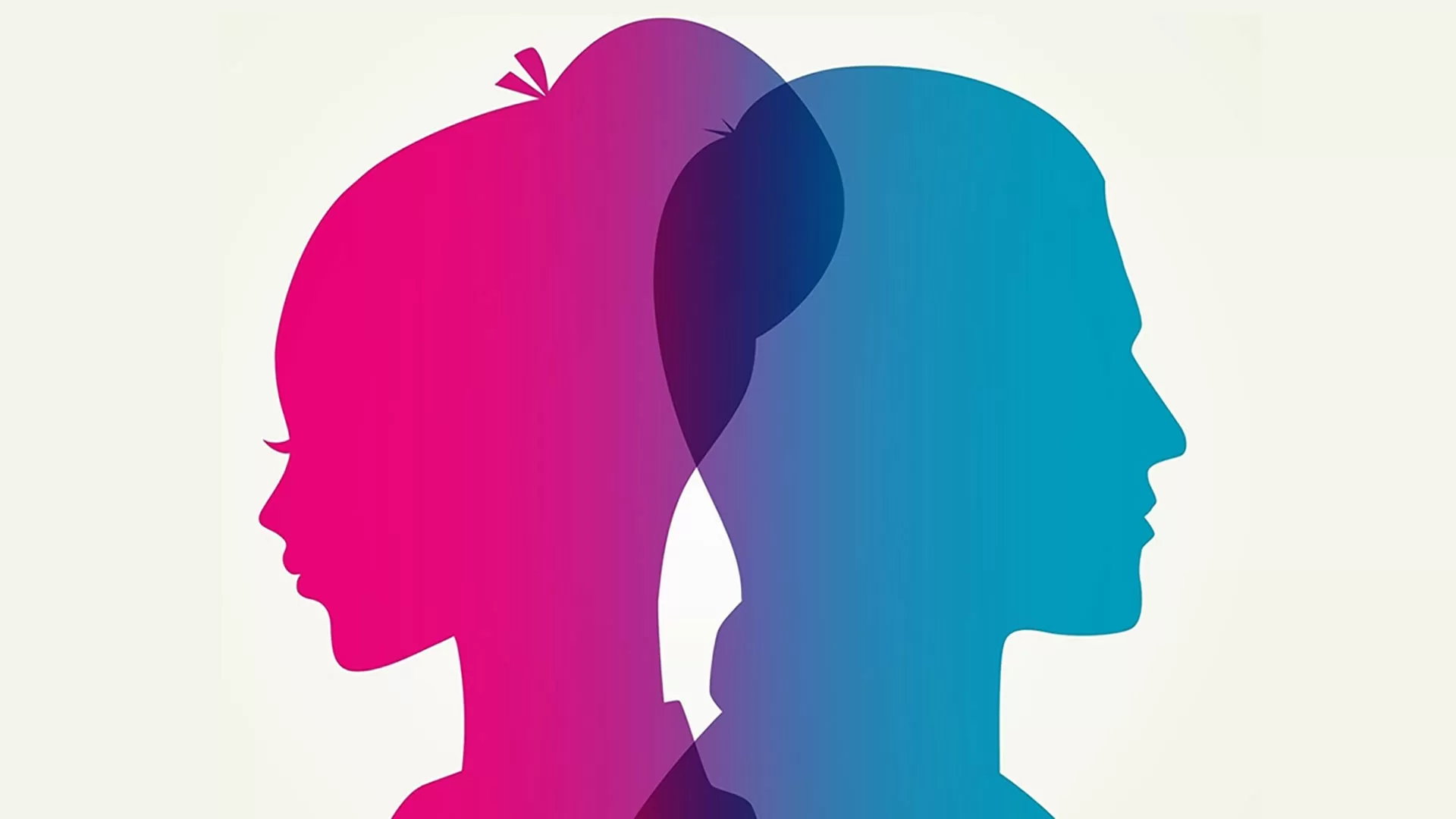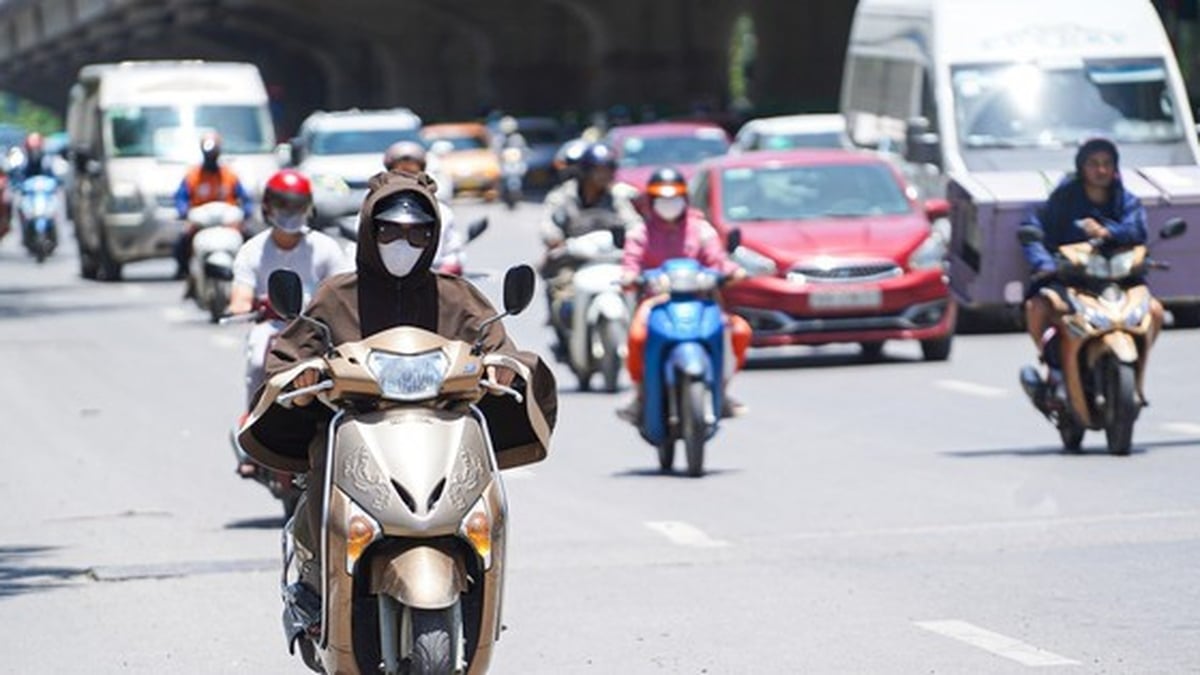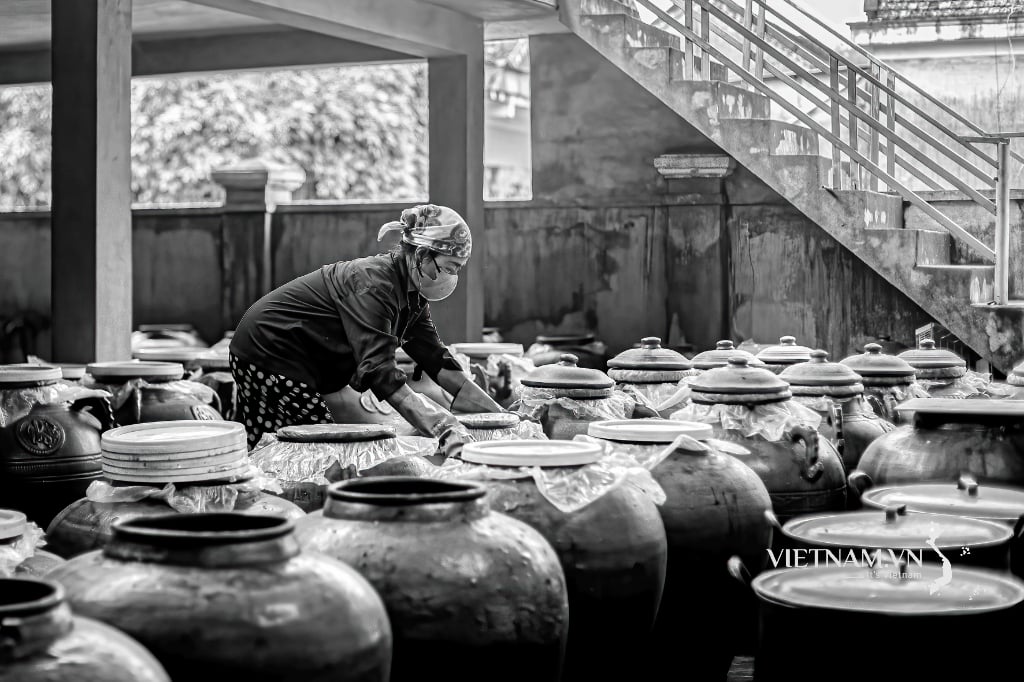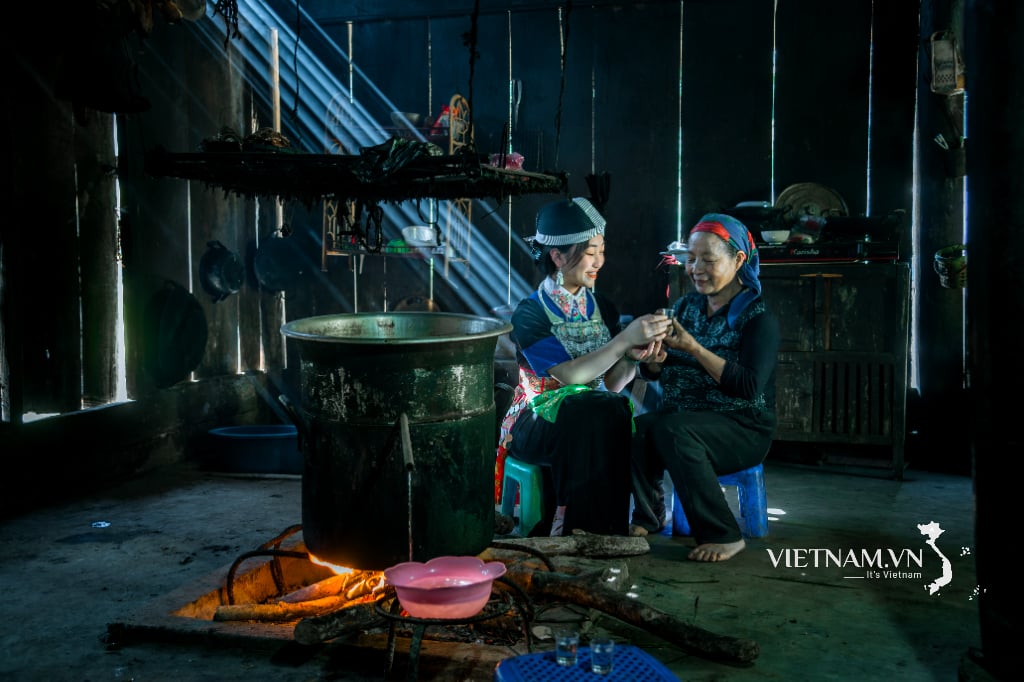In the context of increasingly developed society and increasing awareness of human rights, legalizing the right to gender reassignment has become a central issue that is hotly debated in most countries.
Many countries around the world have developed legal regulations to protect and promote this right, creating conditions for transgender people to live more comfortably.
 |
| Many countries around the world have developed legal regulations to protect and promote the right to gender reassignment, creating conditions for transgender people to live more comfortably. (Illustration photo) |
Overview of transgender rights
The right to gender reassignment is mentioned as one of the personal rights of individuals that plays a particularly important role in ensuring the freedom to determine and express gender identity, especially requesting the State to recognize one's gender without being subject to any form of discrimination.
In the context that the LGBTQI+ community still often faces many acts of discrimination from society, the right to gender reassignment - transgender people have some fundamental differences with the right to gender reassignment - intersex people, in which the right to gender reassignment promotes the view that transgender people also need to be recognized as legally gendered based on the gender identity they self-identify, without being forced to perform medical conditions to determine the correct gender such as gender reassignment surgery or hormone use.
From the perspective of international law, although there is currently no international document specifically regulating the right to gender reassignment, this right has been indirectly recognized through a number of international conventions and commitments, specifically Principle No. 03 of Yogyakarta on the right to legal recognition; Article 17 and Article 26 of the United Nations Convention on Civil and Political Rights on the protection of privacy and the right to equality before the law; Article 8 of the European Convention on Human Rights on the right to respect for private life, personal secrets, family secrets, etc.
Thus, based on the assumption that the right to gender reassignment is an implied right, the recognition or codification of this right not only creates a new legal foundation for the LGBTQI+ community but also contributes practically to promoting respect for the right to equality among individuals in society.
In addition, when countries recognize this right as a civil right, transgender people have the opportunity to integrate into society, reduce discrimination, and most importantly, they can live true to their gender identity; at the same time, it contributes to raising social awareness about respecting the human rights of vulnerable groups, moving towards building, maintaining and developing a more just and civilized society.
Transgender rights in the laws of some countries
The French Republic is known as one of the most gay-friendly countries in the world,[1] with a policy-making philosophy that focuses on the obligation to respect, protect and promote human rights, and is therefore known as one of the pioneers in protecting human rights in Europe.
Transgender rights in France have undergone several phases of implementation and have undergone significant changes in the country’s civil law system, notably judicial reforms in recent years. Prior to 2016, French transgender rights legislation contained a number of requirements for transgender people that were quite similar to those in most other countries, including India.
Typically, transgender people are required to have a medical certificate for gender reassignment surgery. Therefore, the provisions of French law during this time basically also caused certain difficulties for transgender people in accessing their basic rights.
In 2016, the French Parliament officially passed Law No. 2016-1547 on the Modernization of Justice in the 21st Century on November 18, 2016 (commonly known as the 21st Century Justice Law). This law allows citizens of this country to change their gender without having to undergo any form of medical intervention.
It can be said that this is one of the landmark reforms in the French judiciary. With this change, France has created a more open and friendly era for the LGBTQI+ community in general and transgender people in particular.
Currently, transgender people carry out gender change procedures at the French Civil Court. The court will consider the legality and reasonableness of the citizen's request based on the evidence they provide that their gender identity has been stable for a certain period of time (testimony from witnesses, SMS, emails, screenshots, etc.).[2] Not only that, one of the highlights of current French law is the wide and diverse recognition of an individual's gender identity, that is, French law is not only limited to the default gender of male or female, but also recognizes non-binary gender, allowing citizens to change their gender to a third gender.
Since the law changed, the number of requests for gender change in France has increased dramatically. Along with that, NGOs and associations, groups working for transgender rights have also played a very important role in promoting judicial reform, strengthening legal support services to create a network to help people in the LGBTQI+ community. However, the transgender community in France still faces discrimination, limited access to health services, education and the labor market.
India is one of the first countries in Asia to build a legal foundation to protect the rights and legitimate interests of transgender people, especially recognizing the right to gender reassignment of transgender people in the national legal system.
In particular, the Supreme Court of India's judgment in the case between National Legal Services Authority (NALSA) and Union of India in 2014 was the first judgment in India to recognize the fundamental rights of non-binary people, paving the way for policies to protect the rights of this group of people in the future.[3]
Specifically, the Supreme Court of India has declared that the right to self-identification of gender is a fundamental right of citizens and is protected by the Indian Constitution under the provisions of Articles 14, 15, 16, 19(1)(a) and Article 21. The Court also cited the provisions of several core international human rights treaties and the Yogyakarta Principles as the legal basis for recognizing the rights of transgender people.
At the same time, transgender people are allowed to change their gender without having to undergo any medical measures to change their gender and have the right to register according to their desired gender. The Court also asked the Government and some states to protect transgender people to take positive measures to support transgender people through housing programs, social welfare, pension schemes, free gender reassignment surgery at public hospitals and build some other positive policies to support them.
In 2019, the Indian Parliament officially passed the Transgender Rights Protection Act, prohibiting all discrimination against transgender people in certain public sectors such as education, health and employment and imposing sanctions for violations of their rights and legitimate interests.
However, the requirement of a certificate from a district magistrate to prove gender status for recognition of gender reassignment is a provision that can cause psychological and economic pressure on transgender people, especially those who are not financially able to pay for the legal requirements, so the current provisions of Indian law on gender reassignment also inadvertently become one of the main reasons for limiting transgender people's access to gender reassignment rights.
 |
| Overview of the second meeting of the Drafting Committee of the Gender Transition Law Project, 2023. (Source: quochoi.vn) |
Some lessons for Vietnam
In the coming time, according to the provisions of Resolution No. 129/2024/QH15 dated June 8, 2024 on the program for building Laws and Ordinances in 2025, adjusting the program for building Laws and Ordinances in 2024, it is expected that Vietnam's Law on Gender Transition will be passed by the National Assembly in May 2025.
Therefore, Vietnam has every opportunity to study and refer to valuable lessons based on analysis of legal regulations and practical implementation of laws on gender reassignment rights in India and France at present during this period, in order to serve the purpose of amending and supplementing a number of Articles in the Draft Law on Gender Reassignment.
Firstly, experience from French law enforcement practice shows that not requiring medical intervention certification is one of the prerequisites to protect and promote citizens' right to self-determination, creating favorable conditions while minimizing financial pressure on transgender people.
Currently, according to the provisions of Clause 6, Article 3 on the interpretation of terms in the Draft Law on Gender Reassignment of Vietnam, it is stipulated that: "A person requesting gender reassignment is a person with a complete biological gender, whose gender identity is different from the gender at birth, and is determined by a medical examination and treatment facility to be eligible for medical intervention to change gender".
It can be seen that the conditions for gender reassignment under this Draft Law require transgender people to undergo medical intervention. Therefore, Vietnam can consider applying a flexible process that does not require medical intervention procedures to reduce legal barriers and create favorable legal conditions for transgender people to access their rights.
Second, regarding the right to self-identification of gender. The Supreme Court of India’s 2014 judgment is one of the most important legal bases for recognizing the right to self-identification of gender of transgender people, affirming that the right to self-identification of gender is a fundamental right of Indian citizens and is protected by Indian law. This judgment has contributed to changing the perception of society about the rights of transgender people, and at the same time prohibiting discrimination and stigmatization against transgender people.
Therefore, Vietnam can refer to some Indian legal provisions related to the right to self-identification of gender to study and build a flexible legal framework, encouraging everyone to freely identify their gender identity without any form of discrimination. This not only demonstrates the ability to modernize the law but also demonstrates the humanity of the law, contributing to raising social awareness, as well as the quality of spiritual life of the LGBTQI+ community.
Third, both France and India recognize that providing appropriate medical services plays an important role in ensuring the health safety of transgender people. Therefore, when Vietnam's Law on Gender Reassignment officially comes into effect, Vietnam needs to focus on investing in modern equipment and improving infrastructure and the quality of medical services to serve the needs of transgender people for gender reassignment surgery using modern, advanced, safe and standardized medical surgical methods as prescribed by the Ministry of Health.
In addition, medical facilities also need to increase the organization of specialized training courses for medical staff in counseling and caring for people undergoing gender reassignment surgery.
(*) Faculty of International Law, Hanoi Law University.
(**) Faculty of Legal Foreign Languages, Hanoi Law University.
[1] Gay France | LGBTQ+ travel Guide, France Gay rights & safety tips. (nd).
[2] Amendment of the reference to sex in civil status. (2024, September 25). Service-Public.fr.
[3] National Legal Services Authority vs. Union of India. (nd).
Source: https://baoquocte.vn/quyen-chuyen-doi-gioi-tinh-trong-phap-luat-mot-so-quoc-gia-mot-so-goi-mo-cho-viet-nam-296803.html























































![[Maritime News] Two Evergreen ships in a row: More than 50 containers fell into the sea](https://vphoto.vietnam.vn/thumb/402x226/vietnam/resource/IMAGE/2025/8/4/7c4aab5ced9d4b0e893092ffc2be8327)












































Comment (0)